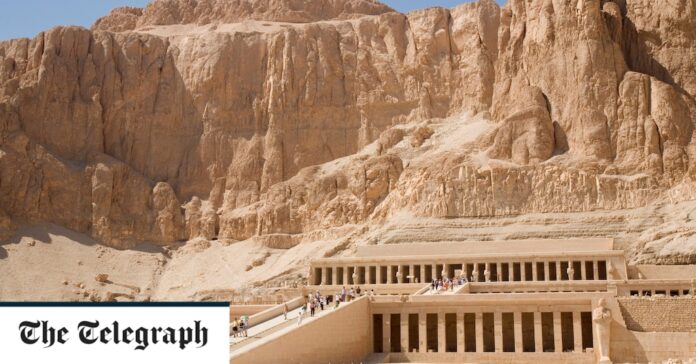One hundred years after the discovery of Tutankhamun’s tomb, we trace the legacy of a young pharaoh who achieved more in death than in life
It would be a bit much to say that it wasn’t much. When a workman assisting the British archaeologist Howard Carter stumbled across something unexpected – almost exactly a century ago, on November 4 1922 – he set in flow what may be the biggest archaeological discovery of all time. Removing debris in an otherwise well-charted area of the Valley of the Kings, the unnamed labourer noticed a single step, pointing downwards. By November 26, Carter was standing at the opposite end of the passageway that led off this newly cleared staircase, feeling the presence of history so clearly that he could not stop shaking.
“With trembling hands, I made a tiny breach in the upper left-hand corner [of the passageway’s sealed doorway],” he would write in his painstaking 1923 account of his life’s foremost achievement. “Darkness and blank space, as far as an iron testing-rod could reach, showed that whatever lay beyond was empty… I inserted the candle and peered in… As my eyes grew accustomed to the light, details of the room within emerged slowly from the mist. Strange animals, statues, and gold. Everywhere, the glint of gold.”
What waited before him was remarkable. One of the final secrets of Egypt’s fabled royal necropolis. A treasure trove of 5,398 rare objects. A wonder of the ancient world.
But, equally, it was less than might have been expected. The tomb of Tutankhamun was so crammed with artefacts because the space was relatively small; smaller than other regal tombs already found in the valley. And immediately, a key truth was revealed – Tutankhamun was not a great pharaoh. He was no Ramesses II, nor even a Cleopatra. He was a teenage monarch of scant importance in his own lifetime, and barely remembered by his contemporaries once he was gone.


